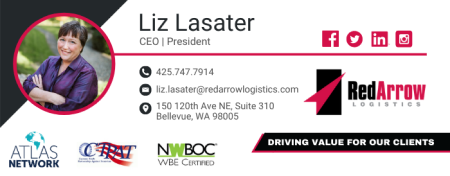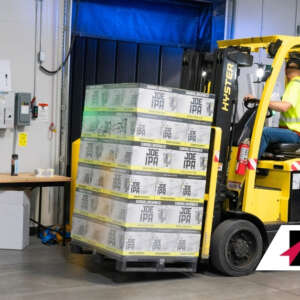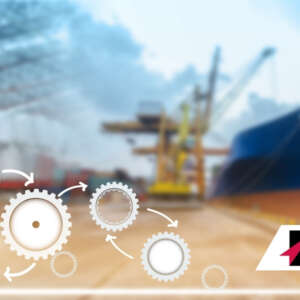Compliance has become one of the most challenging aspects of international retail. The more global and complex your supply chain, the more difficult it is to comply with all of the different regulations. This is particularly true for businesses that have specialty products like food or electronics.
With new laws being implemented regarding global supply chains, retail compliance is now more important than ever. The laws include limiting conflict materials, eliminating forced and child labor, improving food safety, and protecting wildlife and vary by location. Those companies that follow regulatory requirements are mitigating risks and failures in addition to gaining the trust of their customers and partners. Those that do not take retail compliance seriously are finding that it has an impact on their bottom line. The following six tips will help ensure that your supply chain is able to handle the complex retail compliance environment.
1. Have a Flexible Supply Chain. Today’s complex retail environment demands a flexible supply chain that is able to adjust to changes in the market without compromising customer satisfaction or drastically raising costs. The appropriate resources and tools will ensure that the supply chain can be managed correctly. Working with trusted suppliers and carriers will also help make sure that when changes do occur, there is a contingency plan to continue to get shipments out on time.
2. Educate Your Company About Retail Compliance. A commitment to retail compliance begins with upper management but must be a priority throughout all levels in the company. All employees should be trained to be able to comply with the laws and regulations. Compliance does vary depending on retailer, product, and location but shippers are responsible for understanding the specific requirements of each. The labeling, pack slips, and delivery windows are set by the retailer, and shippers must be able to comply with each request. Understanding the details of each will cut down on costly chargebacks and help build a solid relationship with your retail partners.
3. Create Economies of Scale. Oftentimes, shipping TL (truckload) is usually the most cost-effective way to transport goods in retail. However, smaller suppliers might find that this shipping option does not make sense economically as much of the truck is left unfilled. Retail consolidation can be an efficient solution that combines multiple PO’s that are going to the same destination. The product still arrives at the retailer or final destination on time but at a less costly rate.
4. Increase Visibility. Full visibility of the supply chain is needed to operate efficiently and expected by your vendors and partners. Use technology as an advantage to increase transparency in the supply chain. Systems such as a Transportation Management System (TMS) and Warehouse Transportation System (WMS) will keep the supply chain visible and help forecast demand. The data derived from these two systems will provide the information that is needed to manage products from manufacturing to retail.
5. Reduce Risks. Employees and suppliers should be encouraged to identify non-compliance issues so they can be resolved as quickly as possible. Policies for risk assessment should be part of the supply chain as well as how to handle any violations. Compliance manuals that inform about laws and regulations and company policies and procedures should be made available to all employees as a way to reduce the risks of non-compliance company-wide. Making compliance a part of the company’s policy and culture will cut down on the potential risks to the business.
6. Regular Reporting. Compliance reporting tracks how effective your processes and procedures are. Regular reporting holds all employees accountable for retail compliance. The metrics you choose to concentrate on should make sense for your business as well as how it relates to the retailer. For example, common compliance KPI’s for retailers focus on penalties or liabilities that were avoided, capacity utilization, and on-time performance.
Working with an experienced 3PL like Red Arrow Logistics can give your supply chain the advantages it needs to be successful with retail compliance.
Your Trusted Partner
At Red Arrow Logistics, we provide expertise and white glove customer service with fast-growing, complex, and high-value supply chains. As the next-generation model of logistics companies, we offer tailored transportation and logistics solutions — from single shipments to complex over-dimensional and international orders.
Red Arrow offers the scale and scope of services including air, ocean, and ground transportation to meet the budget and schedule requirements of the largest and smallest companies alike. If we can be of assistance, please email us at info@redarrowlogistics.com or give us a call at 425-747-7914.





